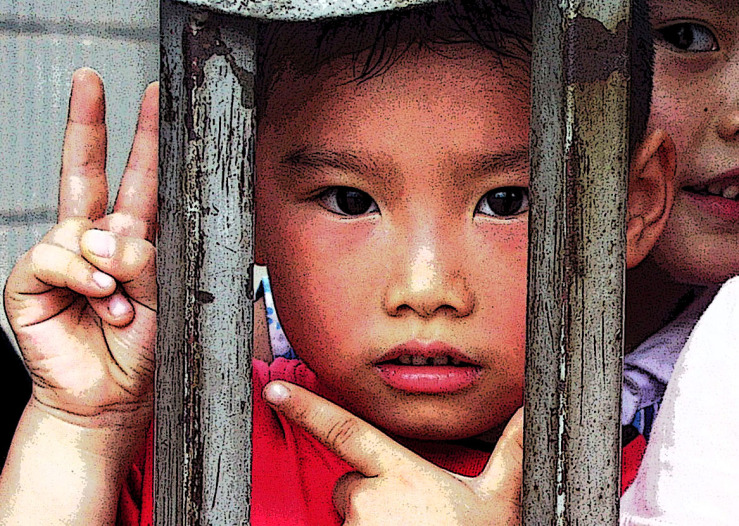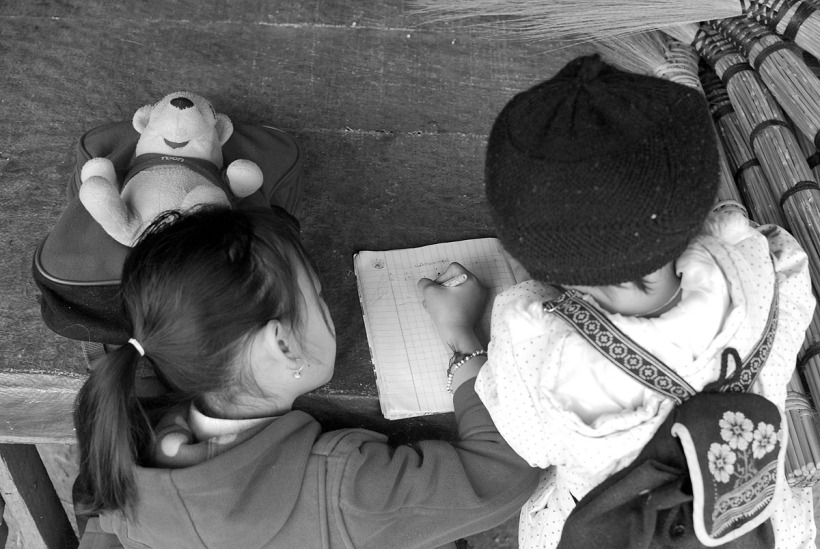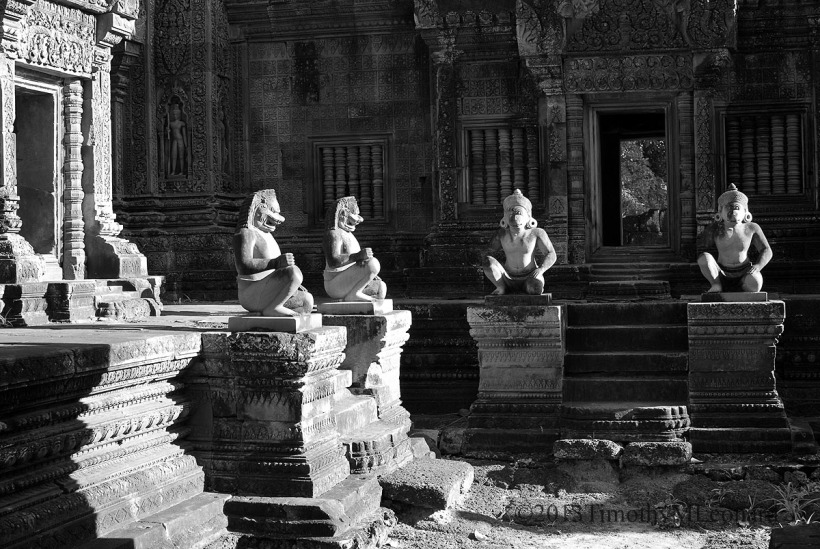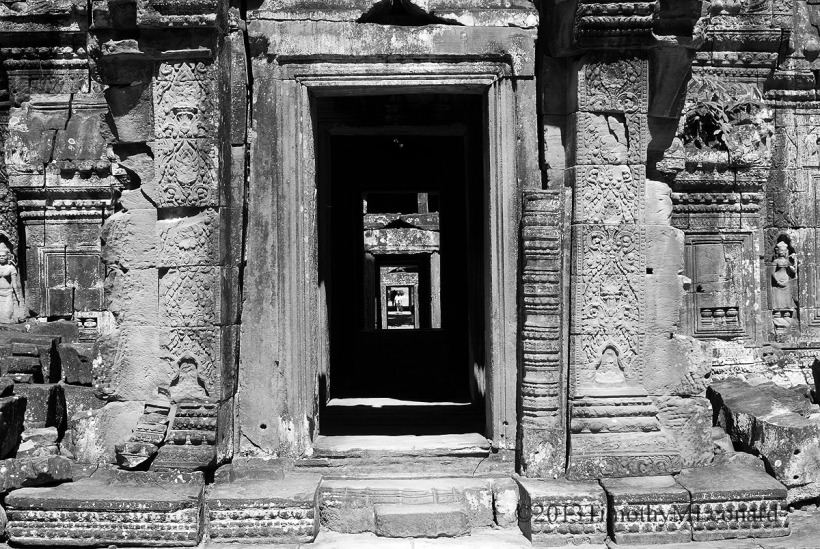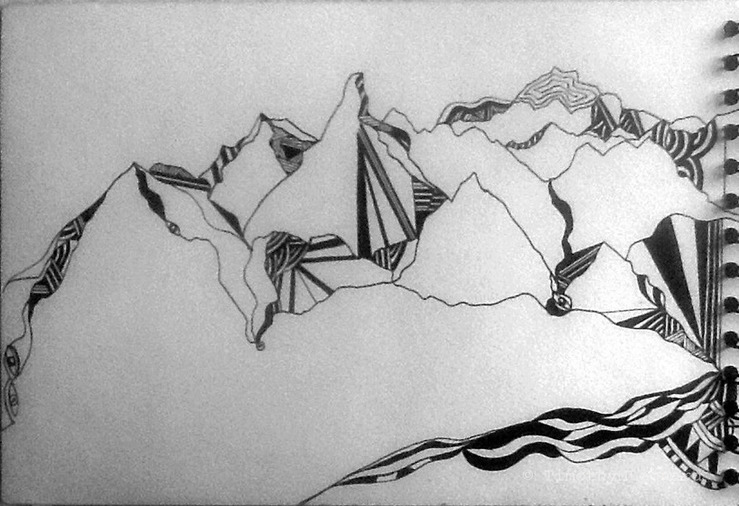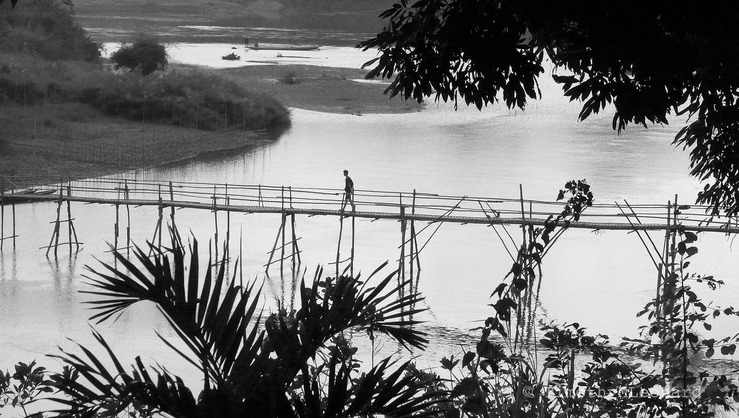Vientiane Kid
Life Lesson #5
What is life, said Lucky.
I’m a big seven as in seven, said an omniscient reliable Lao narrator. Your life is not a test or a dress rehearsal. If it is an actual life your invisible friends protect you from desire, anger, ignorance and fear with courage.
My dad’s not very smart. It’s his DNA, a string theory of letters. Genetics. Gee. Net. Icks.
Let me give you a kind-hearted example of his stupidity. It’s the rainy season. Slashing squalling delicious rain. Soft, cool, soothing. Like tears. Cry me a river.
It’s pouring like honey. What’s dear old dad do? He washes his silver passenger van in a downpour. Smart eh? Yeah, he’s trying to impress a dry writer polishing words by using his intelligent hose running wealthy water over rain. Cleaning. He gets a free shower.
He ignores me. I am a tool.
Grandmother sits on our austere 1924 colonial dark-brown balcony folding banana leaves for a ceremony. Every morning at dawn she walks to the muddy road near the Mekong offering Buddhist monks handfuls of rice. She burns incense at the family altar. She nurtures her shrinking garden after her son decided to plant a cement parking lot. What a clever little man.
My grandfather stares at rain, forming lakes.
Daddy’s very busy. He disappears for hours drinking beer with friends. Playing around with a secret squeeze in dark places. She’s starving for cash. A poor girl from a poor family in a poor country needs to make a living poor thing.
My mom’s also smart. What’s the difference between smart and clever? Maybe that’s the answer to your life quest-ion.
Survival with a capital S.
After the rain when it's dry and the smallest full moon of the year rises above the Mekong before a river festival filled with floating orange flowers and burning candles she incinerates plastic garbage. Yeah. Yeah. Burn baby burn. Light my fire.
It's a sweet smell let me tell you. Like when Duvall in Apocalypse Now said, I love the smell of napalm in the morning. That smell. What's the word? Acrid.
When she’s not burning plastic trash she sweeps. Broom music. Stone cold. She cooks. She pretends to be busy. She’s a baby delivery service. What’s another mouth? She manages home, kids and cash. I’m worth $3,500 on the stolen kid market in China. My older sister would’ve been aborted. Bad luck for her.
Mom ignores me. I am a tool.
She’s super busy doing her gentle mother routine. Later, she squawks. She's a soft kind later.
Parents and teachers and millions of lazy humans here love to pretend to be busy. I guess it gives their short life value.
Milling around is an art form with style. Art transforms life.
Lao are soft and kind. We have a good heart. We are not as mercenary as the Vietnamese. We drift through your sensation, perception and consciousness with the grace of a cosmic Lepidoptera in a gentle breeze.
The trick is to tolerate with kindness and Patience, your great teacher, the empty-eyed star gazing starers and hustlers. Bored after five minutes they lose interest and leave you alone. Zap like a zigzag lightning bolt. Gone.
Vietnamese plant rice.
Cambodians watch it grow.
Laotians hear it grow.
Nature’s a great teacher. We are nature’s tools.
For cultural, historical, educational, environmental, emotional, intellectual and economic reasons milling around is a popular daily activity. This unpleasant fact cannot be denied or ignored or forgotten like a missing leg after discovering a landmine in paradise.
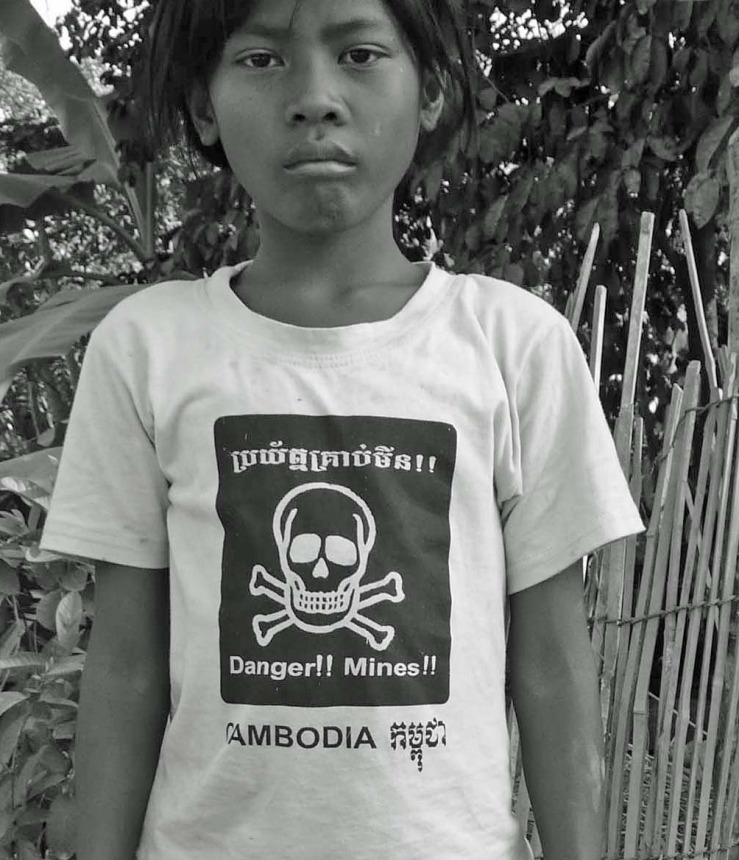
Limited opportunities, unregulated population growth, substandard education, no medicine, no hope and inconclusive futures enhance Milling Around.
It kills time alleviating boredom a dreaded lethargic tedious disease.
Boredom is fear’s patience.
Milling around kills the human spirit. No initiative. Period. How sweet. How charming. It’ll take another generation to get a life and accept personal responsibility for choices and consequences.
Cambodia and Laos and Vietnam are alive with unexploded ordinance, amputees, superstition and ghosts.
Existence is one long perpetual distraction. Say what?
You may as well do what you love because you're going to spend most of your life doing it. We breed, work, get slaughtered and mill around. We are told to blend in to survive. My mom taught me this hard cruel life lesson. She reminds me every time I open my mouth to express an original free thinking idea. That’s what parents and teachers teach us by example and they have extensive Life Experience - another amazing teacher.
If you ask why they cut out your tongue.
I’m too young to know much. I know what I don’t know. Anyway, I need to finish my school paper on developing moral character with social intelligence, courage, self-control, gratitude, optimism, and curiosity.
How do you develop self-control and courage?
By failing. Fail better. There are two kinds of character.
What are they?
Moral character is fairness, generosity and integrity.
Performance character is effort, diligence and perseverance.
Kids need challenges to grow. Like hardships and deprivation. Life is trial and error and taking risks. Daring is not fatal.
Thanks for life lesson #5. You are the future of Laos.
You’re welcome. I have my junior philosopher’s badge.







 Share Article
Share Article 